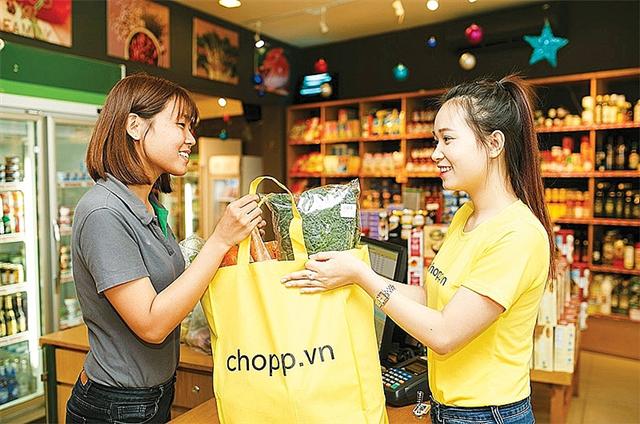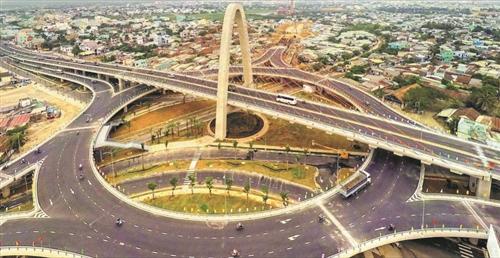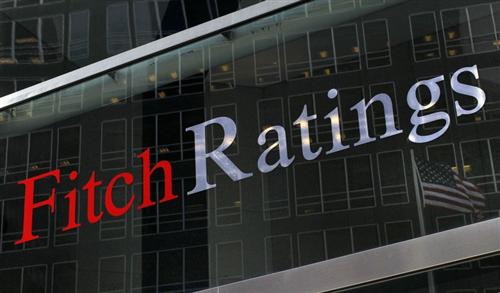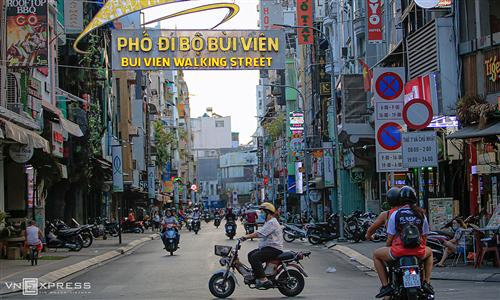Winds of change sweep over retail
Winds of change sweep over retail
The continuing global health crisis is expected to accelerate the decline of the department store genre as retail outlets quickly shift from offline to online.

As social distancing rules change in Vietnam, new shopping habits may emerge, Photo: Le Toan
|
Prior to the coronavirus reaching Vietnam, department stores were already in trouble after failing to keep up with shoppers’ changing tastes. As a result, Malaysia’s Parkson, which entered the market in 2005 and eventually opened nine properties, has been closing down malls since 2015, reflecting the mounting pressure in the market and continued losses since 2014.
Several other department stores including Pico Saigon and Zen Plaza, have also closed or curtailed their scope of operations, according to Deloitte’s Retail in Vietnam report. With stores closed and shoppers staying home and more likely to utilise online methods through most of April, retail traffic has all but vanished.
Ralf Matthaes, managing director of market research firm Infocus Mekong, told VIR that historically, department stores have suffered from exceedingly high rents driving up prices for consumers and a lack of variety. Also, the pandemic will further erode the desire for consumers to spend money in crowded places.
In the United States, many department store operators have furloughed workers, cut dividends, and sought emergency financing, with some weighing bankruptcy to sail through the waves. Meanwhile, major Japanese retailers including Takashimaya are also bracing themselves for a tough year due to the coronavirus outbreak, highlighting the seriousness of Japan’s consumption slump.
As Vietnam lifts its nationwide social distancing, retailers are allowed to open their stores. However, the crisis has affected their businesses as time-poor, thrifty consumers opt for the internet over their local high street.
According to the latest survey from CBRE Vietnam, the first quarter of this year saw numerous corporations halting land lease contracts at shopping malls. However, the number of businesses stopping lease contracts outside these malls was much higher. Since the nation began social distancing, revenues of these businesses has plunged so heavily that many were pushed to the brink of bankruptcy. This is also the main reason why they stopped working with landlords during the health crisis.
“Although social distancing has been eased, many companies cannot resume normal operations. Their monthly earnings are estimated to drop by 90-100 per cent on-year, and 60-70 per cent against March,” stated CBRE Vietnam.
Richard Burrage, managing partner of Cimigo, said that the pandemic has altered consumer behaviour. “Life will not return to normal, and a new normal will evolve with new habits and rituals. Consumer mindsets and behaviours have changed. Some of these changes will be temporary but others will stick,” he said.
Burrage expected shopping channels to shift as people have experienced new methods and now seek to avoid crowds. High-traffic environments will be avoided by some for a time, including malls and wet markets. These changes may be sustained for months, and will perhaps never fully return to pre-pandemic norms.
“Shopping behaviour at malls will have shifted to online shopping, and trips will become less frequent for most shoppers. Malls will need to ramp up consumer experiences even more in order to bring footfall back. Many consumers will have experienced the convenience of online shopping and have built trust in the channel, accelerating the growth of online platforms,” Burrage said.
Echoing this view, Vo Thi Phuong Mai, head of the Retail Land Leasing Service Department at CBRE Vietnam, said COVID-19 has negatively impacted traditional shopping channels but is also creating positive opportunities for online businesses and the e-commerce sector.
“E-commerce is a bright spot that has changed the development trend of retail. Instead of depending on physical stores, companies can now improve their sales by accelerating their business online,” said Mai.
Indeed, Fredrik Famm from H&M Southeast Asia told VIR that opening an online business is one of the company’s long-term strategies in Vietnam, and currently, the fashion brand is researching the market before materialising this plan.
Similarly, Japan-based UNIQLO, a newcomer in Vietnam, has already integrated this into its strategy. The fashion brand offers online shopping in many markets, and says opening the same channel in Vietnam is a given.
The Vietnamese e-commerce market has seen great growth over the years. Based on a survey from Google and Temasek, with the scale of $15 billion, the e-commerce sector will make up 10 per cent of total retail sales in Vietnam by 2025. During 2017-2019, the growth rate of the sector was around 25-30 per cent annually.
























